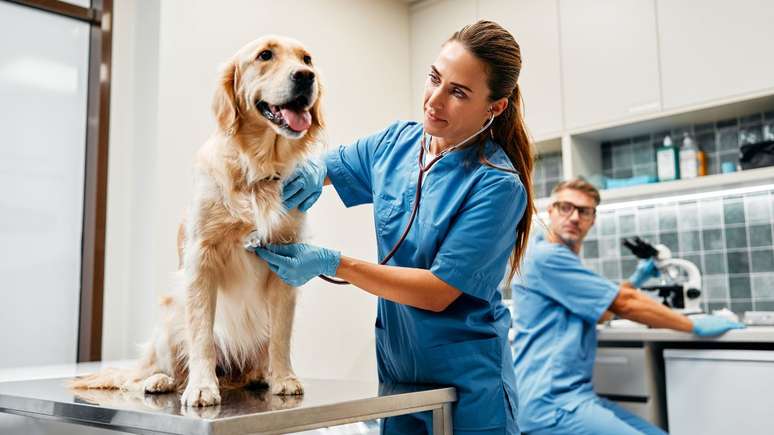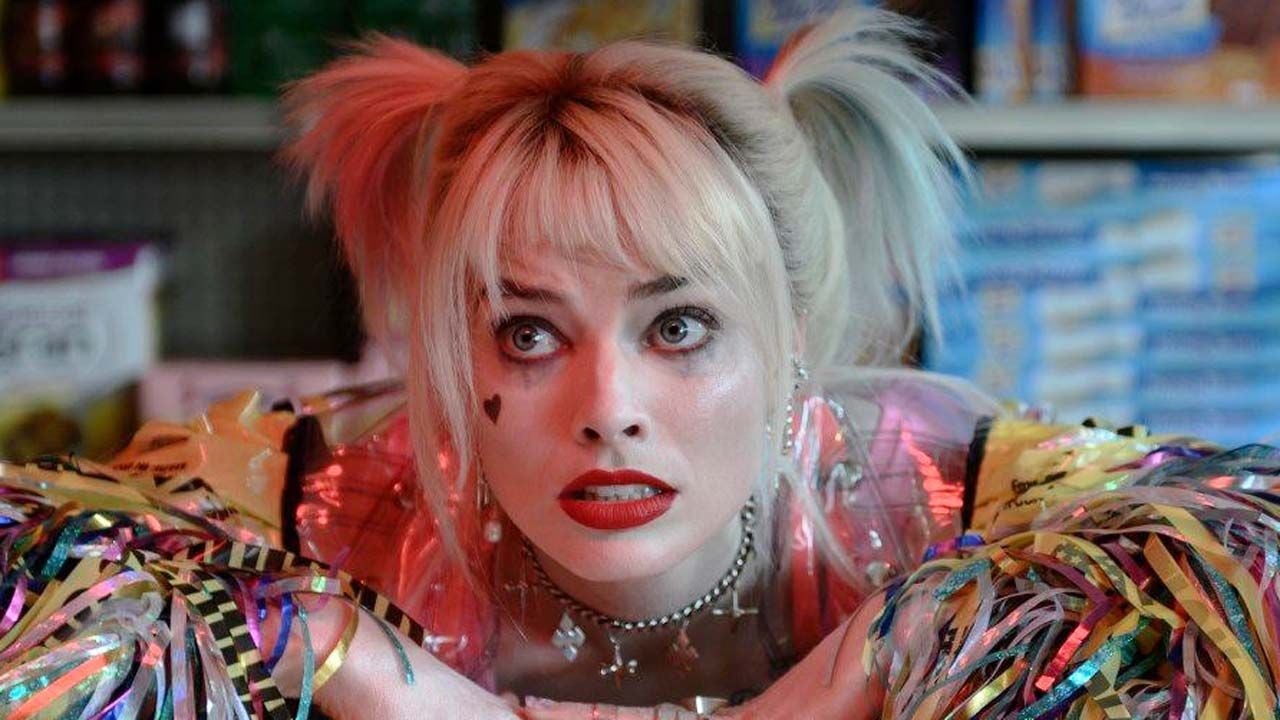The veterinarian highlights the importance of keeping the pet vaccine portfolio updated. Take a look at 8 false news to be alert
False news on vaccines not only affect humans, they
They also spread to the universe of pets, causing disinformation e
endangering the health of dogs and cats. A study conducted by
Federal University of Minas Gerais (UFMG), based on research
Online, revealed in 2023 that tutor that do not have to Covid-19,
For example, they are seven times more likely to not vaccinate theirs
pets.
The pet vaccine is tutor
According to the Veterinary Doctor and Teacher of School of Medicine
Veterinarian at the Jaguariúna University Center (Unifaj), Dr. Aline Ambrogi,
Keeping vaccination is updated is the only responsibility of the tutor and reveals the greatest test of love with its pet. “As with humans, the vaccine is the most effective way to keep your animal protected against diseases
Serious and which, in more advanced phases, can lead the animal to death. The tutor must be aware of the deadlines and bring his dog or cat to
Vaccinate every year, “reveals the expert.
What cannot be missed in the portfolio of pet vaccine
According to Dr. Aline, the vaccines that should be applied every year in dogs are anger, canine influence (kennel cough) and V8 or V10, which protect animals. Against diseases such as cimurro, parvovirosis, leptospirosis, etc. In cats, annual reinforcements should be applied against anger, as well as V3, V4 or V5, which offer protection against panleucopenia, rinotracheitis, calicivirosis, clamidosis and Felv.
8 False news on pet vaccination
1 – The vaccine against anger must no longer be applied every year
Contrary to what many propagate, the anger has not been uprooted in Brazil –
controlled only in urban areas. There are still cases in wild animals e
in the rural regions. Annual vaccination against anger is mandatory by law, being
a measure of public health, because the disease is fatal and transmissible when
human (zoonosis).
2 – Elder animal there is no need to get the vaccine
Elderly animals have the most weakened immune system, which makes them
more vulnerable to diseases. Vaccination must be maintained throughout life,
with a veterinary evaluation on the health of the animal.
3 – A single dose already protects throughout the life of the animal
Most vaccines have a limited duration and require annual reinforcement to guarantee
Immunity. The protocol can vary according to the manufacturer and the Region, but the
Annual reinforcement is the general rule in Brazil.
4 – Cats do not need to get the vaccine
Cats are highly sensitive to infectious diseases, above all
respiratory and viral. Internal cats should also receive vaccines.
5 – My animal does not leave the house, it must not be immunized
The internal animals are also exposed to viruses and bacteria brought by clothes,
Shoes, visits, contaminated objects or other animals. Furthermore,
Accidents and escapes occur, so it is better that the animal is protected.
6 – My animal is turning can and does not need a vaccine
Regardless of the breed or origin, every dog and cat must be with the
Updated vaccination. Vaccines protect against serious and animal diseases
Without a defined race he has the same needs as those of the breed.
7 – Vaccines bring more damage than benefits
Veterinary vaccines are safe, they undergo rigorous tests and are
approved by the regulatory bodies. The adverse reactions are rare, usually
Light (fever, local pain) and curable. The benefits far exceed risks.
8 – Only puppies should be vaccinated
Puppies need an initial series, but immunization must be maintained
Throughout the life of the animal with annual reinforcements. Unvaccinated adult animals or with an unknown vaccination story should receive vaccination on
As soon as possible, following a specific protocol.
Source: Terra
Ben Stock is a lifestyle journalist and author at Gossipify. He writes about topics such as health, wellness, travel, food and home decor. He provides practical advice and inspiration to improve well-being, keeps readers up to date with latest lifestyle news and trends, known for his engaging writing style, in-depth analysis and unique perspectives.









